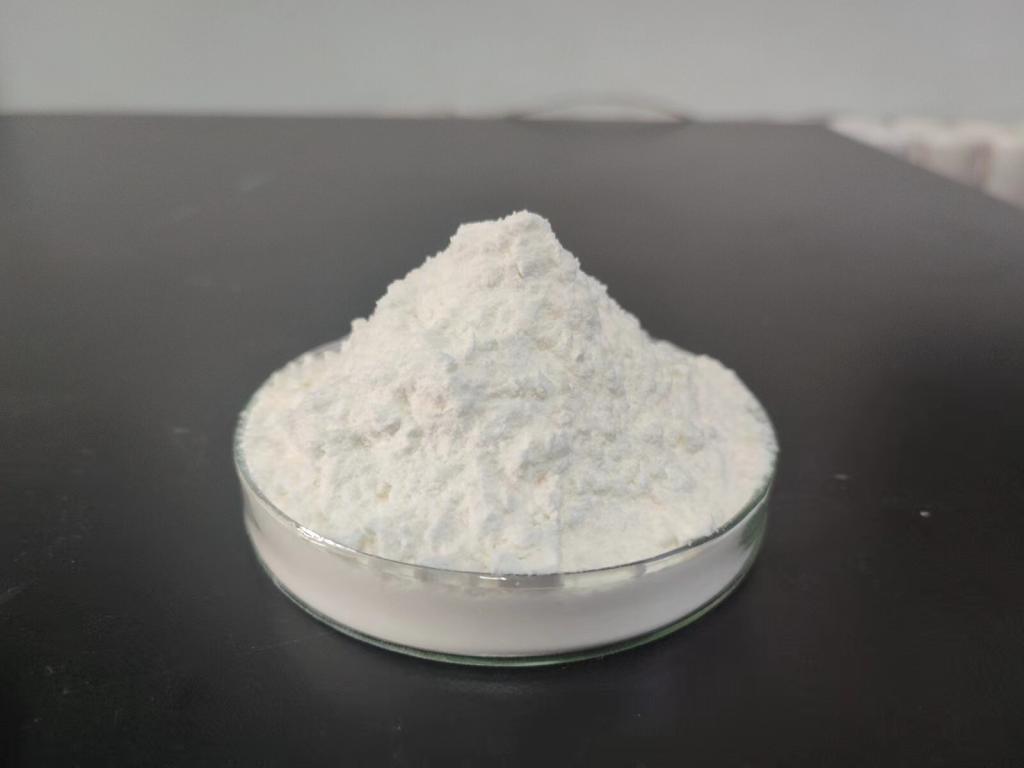Tel:+8618231198596

News
 CONTACT
CONTACT
 CONTACT
CONTACT
- Linkman:Linda Yao
- Tel: +8618231198596
- Email:linda.yao@dcpharma.cn
- Linkman:CHARLES.WANG
- Department:Overseas
- Tel: 0086 0311-85537378 0086 0311-85539701
News
Current Position:
Home >
News
>Understanding consumer trust and acceptance of ε-Polylysine hydrochloride
Understanding consumer trust and acceptance of ε-Polylysine hydrochloride
TIME:2024-08-21
Introduction:
ε-Polylysine hydrochloride (ε-PL) is a natural antimicrobial peptide derived from the fermentation of certain bacteria, such as Streptomyces albulus. It has been recognized for its broad-spectrum antimicrobial activity and has found applications in food preservation, personal care products, and dietary supplements. However, consumer trust and acceptance are key determinants of its success in the market. Understanding these factors is crucial for stakeholders in the food and health industries.
Factors Influencing Consumer Trust and Acceptance:
1. Safety and Regulations:
Consumer trust in ε-PL is significantly influenced by safety concerns and regulatory approvals. ε-PL is Generally Recognized As Safe (GRAS) by the U.S. Food and Drug Administration (FDA) and has been approved for use in various countries. Clear and transparent information about safety testing and regulatory compliance can enhance consumer confidence.
2. Natural Origin:
The natural origin of ε-PL is a positive factor in consumer perception. There is a growing trend toward natural and organic products, driven by health and environmental concerns. Highlighting the natural source and production process of ε-PL can positively influence consumer acceptance.
3. Health Benefits:
ε-PL's antimicrobial properties offer potential health benefits, such as reducing the risk of foodborne illnesses and supporting gut health. Communicating these benefits clearly and providing scientific evidence can increase consumer trust and willingness to try products containing ε-PL.
4. Labeling and Marketing:
Clear labeling and marketing strategies that emphasize the natural, safe, and health-enhancing aspects of ε-PL can build consumer trust. Transparent and accurate labeling helps consumers make informed decisions and fosters confidence in the product.
5. Social and Media Influence:
Social media and online reviews play a significant role in shaping consumer perceptions. Positive endorsements from trusted sources, such as health professionals and influencers, can boost consumer acceptance. Conversely, negative feedback or misinformation can undermine trust.
Strategies for Enhancing Trust and Acceptance:
1. Education and Communication:
Educational campaigns that provide clear and accurate information about the safety, efficacy, and benefits of ε-PL can help overcome skepticism and build trust. Engaging with consumers through social media, blogs, and forums can foster a sense of community and openness.
2. Collaboration with Health Professionals:
Collaborating with dietitians, nutritionists, and other health professionals can lend credibility to the use of ε-PL. These experts can provide endorsements and recommendations based on their expertise, further enhancing consumer trust.
3. Product Development and Innovation:
Developing innovative products that incorporate ε-PL in a way that aligns with consumer preferences can drive acceptance. For example, creating natural and organic products that meet specific dietary needs can attract a broader customer base.
4. Quality Assurance:
Ensuring consistent quality and safety standards through rigorous testing and certification can reinforce consumer trust. Third-party certifications, such as USDA Organic or Non-GMO Project Verified, can add value and confidence to products containing ε-PL.
5. Transparency and Traceability:
Transparency in the sourcing, production, and distribution of ε-PL can help build trust. Providing traceability information, such as the origin of the raw materials and the manufacturing process, can reassure consumers about the quality and authenticity of the product.
Conclusion:
Consumer trust and acceptance are vital for the success of ε-Polylysine hydrochloride in the market. By addressing safety concerns, emphasizing the natural and health-enhancing aspects, and employing effective communication and marketing strategies, stakeholders can foster a positive perception of ε-PL among consumers. Ongoing research and collaboration with health professionals will be essential for maintaining and enhancing consumer trust in this promising antimicrobial peptide.
- Tel:+8618231198596
- Whatsapp:18231198596
- Chat With Skype







